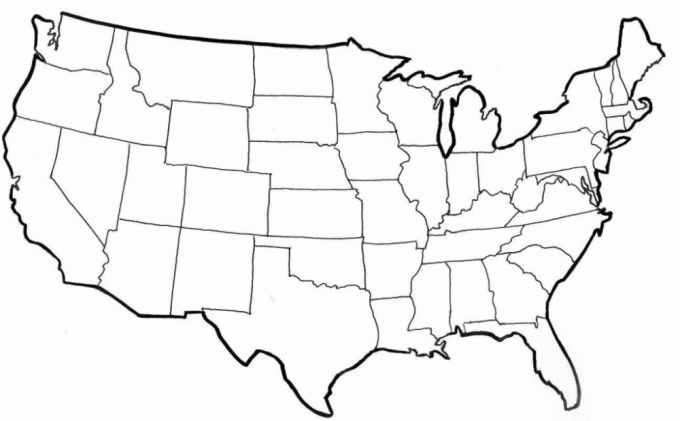Getúlio Dornelles Vargas, better known as Getulio Vargas, he was military, lawyer and politician. He assumed civil leadership in the 1930 revolution, which ended with the old republic.
Vargas was president of Brazil in two terms. In the first, he took over the government and held the position for 15 uninterrupted years (1930–1945). In the second, the politician was directly elected and governed for almost three and a half years.
Getúlio Vargas committed suicide in 1954, with a bullet in the heart, in his own room, during an intense political crisis. At the time, Rio de Janeiro was the federal capital, where the Catete Palace was located.
Currently, there are at least two parties that claim to have been influenced by Vargas' ideals, the Brazilian Labor Party (PTB) and the Democratic Labor Party (PDT).
first term
At the Getúlio Vargas' first term, he created the country's modernization policies. The Ministries of Labour, Commerce, Education and Health were founded.
During this period, Brazilian legislation evolved and the
Consolidation of labor laws (CLT), in 1941. In addition, Vargas instituted the secret ballot and the female vote, in addition to compulsory primary education.With the Communist intent, the president overturned the previous constitution and declared the new state. Thus, Getúlio came to have centralized power and ended the independence of powers.
- Free Online Inclusive Education Course
- Free Online Toy Library and Learning Course
- Free Online Preschool Math Games Course
- Free Online Pedagogical Cultural Workshops Course
In 1943, the Mineiros Manifesto appeared, which marked the opposition to the Estado Novo. The manifesto, signed by 76 intellectuals from Minas Gerais, required the process of redemocratization.
So, because of the threat of a military coup, Vargas resigned, but was elected as a senator at the same time.
second term
At the second term of Getúlio Vargas, he was elected by direct vote. His inauguration was on January 31, 1951.
The government was very turbulent, as the ruler would have been accused of corruption. In addition, there was a 100% adjustment of the minimum wage, which generated several protests. In the situation, João Goulart, Minister of Labor, was fired.
As a result of these events, pressure from the people grew for Vargas to resign or at least leave the presidency.
With all the crisis, Getúlio Vargas committed suicide on August 24, 1954, at the Palácio do Catete, Rio de Janeiro.
See too:
- Achievements of Getúlio Vargas
- Constitutional Government of Getúlio Vargas (1934-1937)
- Cohen Plan
- Who was Marighella?
- All the presidents of Brazil and their most outstanding achievements
The password has been sent to your email.



